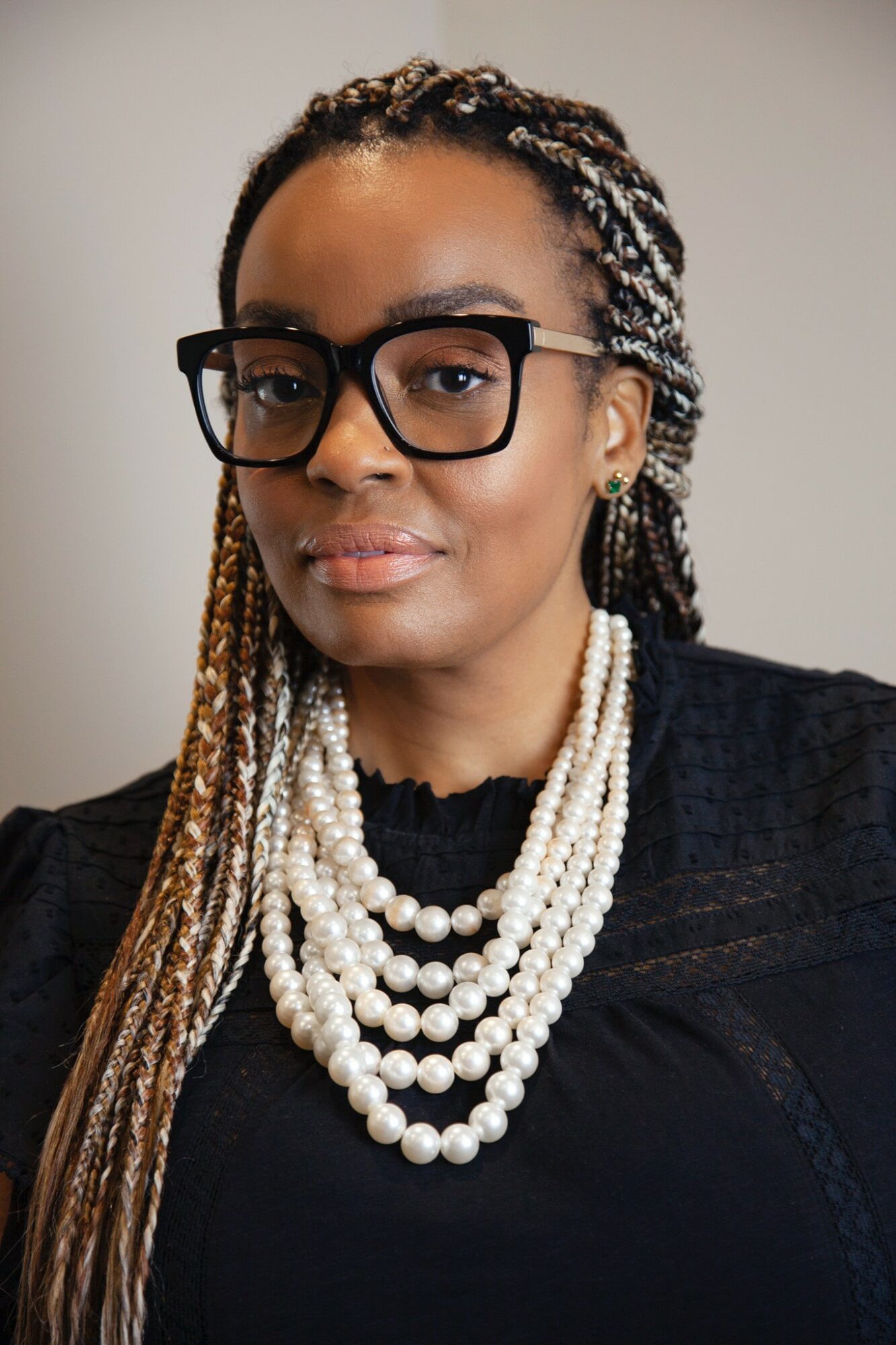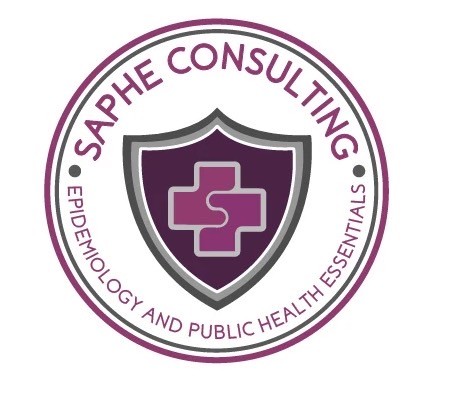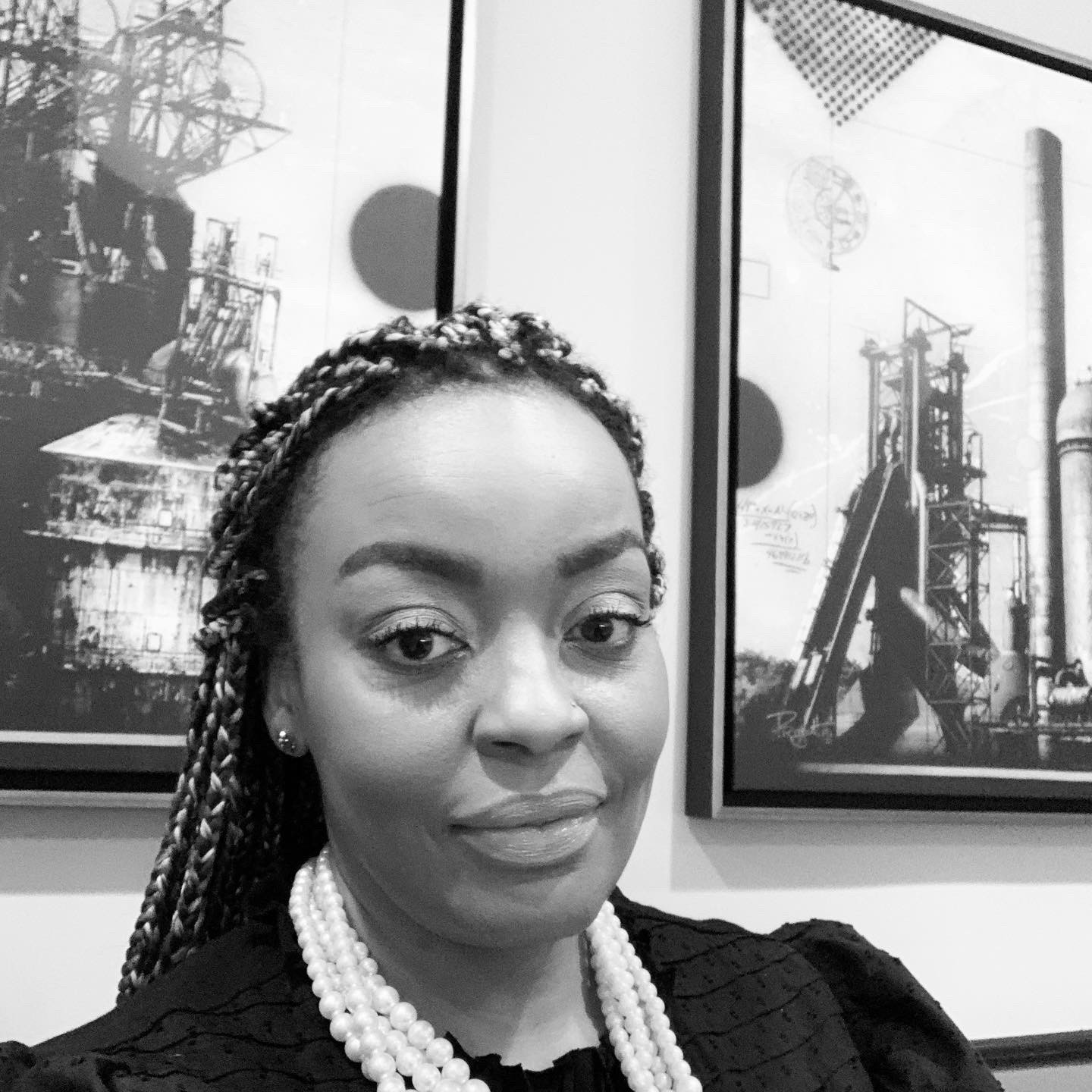
Today we’d like to introduce you to Dr. Kenyatta W. Stephens.
Hi Dr. Stephens, we’re thrilled to have a chance to learn your story today. So, before we get into specifics, maybe you can briefly walk us through how you got to where you are today.
After graduating from Howard University, I worked in a research lab at Emory University School of Medicine. While there, I was able to gain skills as a Molecular Biologist/Molecular Geneticist. My welcome to the lab involved me being locked in a room with a mummy. The mummy had been sent to the lab from Egypt for identification. As soon as I walked into the room, the door locked behind me and when I turned on the light, there was a mummy on a table! I could hear them giggling & whispering on the other side of the door. Luckily, I was able to hold it together and it would be the start of many more “pranks”. Working on identifying the mummy using mitochondrial DNA sequencing led to a feature with BBC America.
Later on, the bulk of my research centered around breast and cervical cancer. I received a Minority Scholar in Research Award from the American Association for Cancer Research for my work with mitochondrial DNA and cancer. While conducting cervical cancer research in teens at the Grady Hospital Teen Clinic, I met an epidemiologist researching STDs. It was my first time really learning about epidemiology. A few months later I enrolled in the MPH program at Rollins School of Public Health at Emory University, concentrating in Epidemiology. I was the only Black student in my cohort. The first day of my molecular genetic epidemiology course, my professor talked about his work at CDC, and I began to rethink my path in research. He encouraged me to come work for him at CDC and at that point, I knew that it was a pivotal moment in my career journey. My first project was developing tests for diseases that could be used as biological weapons. This was my first introduction to Ebola virus before it became a household name. My research was used in the Ebola outbreak and that was another pivotal moment in my career.
My favorite project was working on the pilot project for the Global Health Securities Initiative under the Obama Administration. I was able to travel to developing countries in Southeast Asia and East Africa to set up disease surveillance systems in order to prevent a global pandemic, such as the one we’re currently facing with COVID-19. It’s unfortunate that the program ended with the next administration, but I know that my work made a difference while the program was active. Some of my other favorite projects were developing a surveillance system for Brazil for the World Cup Soccer games and developing disease tracking forms for Middle East Respiratory Syndrome (MERS). The experience that will live in my mind forever is being chased by a lion while working an outbreak in a remote village in Africa.
At the start of the COVID-19 pandemic, I started getting calls from state representatives and local legislators asking for help navigating the pandemic because this was new to most people. And apparently, I was the only epidemiologist that most people knew. Leaving the CDC in May 2020, it was the next pivotal step in my career. I had been doing private consulting for five years prior to the pandemic. With the community needs and the information that needed to be shared, consulting full-time became the most logical step for me. Minority communities are the first affected by diseases and the last to receive information. I made it my mission to inform minority communities and provide the information necessary to survive the pandemic. I became the co-host of Rolling Out magazine’s weekly show, Health IQ, and was able to knowledge share with a broad and diverse audience. The messages I received from those who tuned in weekly let me know I was on the right track. I was also consulting with churches and businesses, helping them to mitigate the risk of disease with their members and employees. My business has been growing and thriving and I am confident that I made the right decisions to get to this point in my career.
Would you say it’s been a smooth road, and if not, what are some of the biggest challenges you’ve faced along the way?
The road has not been smooth at all! A lot of the time, I was the only Black person in the room and/or the only woman. Public Health was a male-dominated profession for years. Breaking the stigma and barriers were daily struggles at some point. An older male researcher told me early in my Public Health career that I was a “victim of my own success”. Of all the things to be a victim of, success was never something I considered. As I walked away laughing, I knew that from that moment on I would have to persevere no matter what the costs.
We’ve been impressed with SAPHE Consulting Group, LLC, but for folks who might not be as familiar, what can you share with them about what you do and what sets you apart from others?
SAPHE Consulting Group provides onsite epidemiological & public health consulting to minimize disease exposure & risk. Our CEO, an Infectious Disease Epidemiologist, has over 20 years of experience in public health.
We also provides specialized consulting for worship facilities & businesses to help with disease mitigation & minimized risk exposure. We also provide educational resources & tools to help employers recognize risks and execute mitigation procedures. SAPHE provides survey design services, data collection, & data analysis services as well.
I am proud of moving the needle in public health and providing a space for future black and brown public health practitioners to learn the complexities of the public health space. As a solopreneur, it has been pivotal to be able to share experiences with other public health practitioners, establish a footprint in the community and be a guiding source for others considering a career in public health. I am proud to be able to provide internships for aspiring epidemiologists and other public health practitioners and help them navigate the public health space…
How can people work with you, collaborate with you, or support you?
People can support me by following SAPHE’s social media pages (IG: @sapheconsultinggroup; Twitter: @sapheconsulting). For those who want to schedule a consultation, please send an email to info@sapheconsulting.com. We have limited seasonal internships available.
Contact Info:
- Website: www.sapheconsulting.com
- Instagram: @sapheconsultinggroup
- Facebook: https://www.facebook.com/sapheconsulting
















